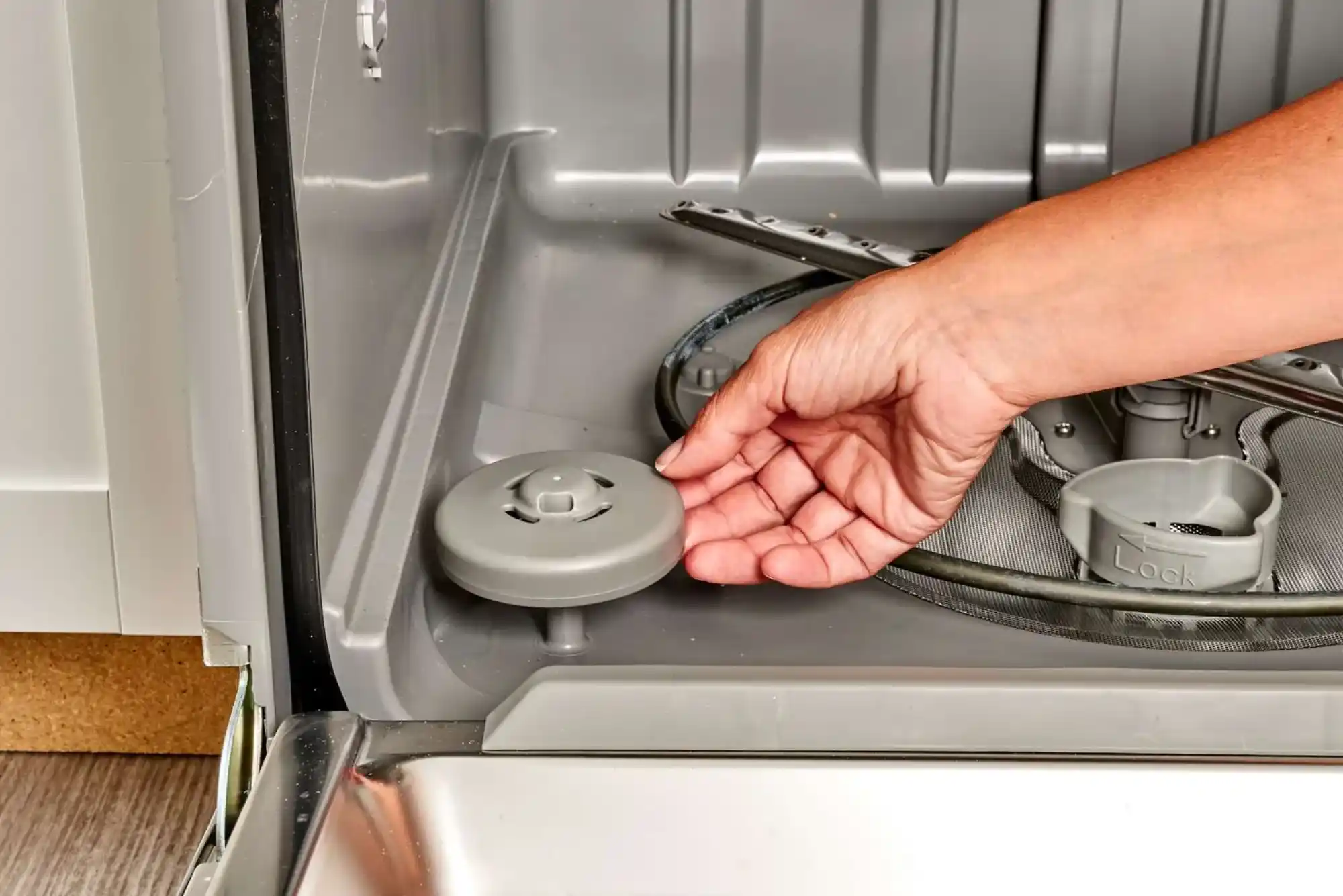Prostatic hyperplasia, commonly known as benign prostatic hyperplasia (BPH), is a condition that affects millions of men, especially those over the age of 50. It is characterized by the enlargement of the prostate gland, which can lead to uncomfortable urinary symptoms such as frequent urination, weak urine flow, and difficulty emptying the bladder. While medical treatments are available, many men wonder if lifestyle changes can help manage and improve symptoms. The good news is that adopting healthier habits can play a crucial role in alleviating BPH symptoms and enhancing overall well-being.
Understanding Prostatic Hyperplasia
The prostate is a small gland that plays a vital role in male reproductive health. As men age, hormonal changes can lead to an increase in the size of the prostate. This enlargement can compress the urethra, causing urinary difficulties. While BPH is not cancerous, it can significantly impact quality of life if left untreated. Fortunately, lifestyle modifications can complement medical interventions and improve symptoms naturally.
Dietary Adjustments for BPH Relief
Incorporate a Prostate-Friendly Diet
A balanced diet rich in essential nutrients can support prostate health and reduce inflammation. Foods that benefit prostate health include:
- Tomatoes and Watermelon: Rich in lycopene, an antioxidant that helps reduce prostate inflammation.
- Green Vegetables: Broccoli, spinach, and kale contain compounds that promote hormonal balance.
- Nuts and Seeds: High in zinc, which supports prostate function and immune health.
- Fatty Fish: Salmon, sardines, and mackerel provide omega-3 fatty acids that help control inflammation.
Reduce Processed Foods and Red Meat
Diets high in processed foods and red meat can contribute to inflammation and worsen BPH symptoms. Limiting fried foods, high-sodium meals, and sugary snacks can help maintain a healthier prostate.
Exercise and Physical Activity
Maintain an Active Lifestyle
Regular exercise is one of the most effective ways to improve BPH symptoms. Physical activity helps maintain a healthy weight, improves circulation, and reduces inflammation. Engaging in activities such as walking, jogging, swimming, and yoga can promote better bladder control and prostate health.
Pelvic Floor Exercises for Better Bladder Control
Kegel exercises strengthen the pelvic floor muscles, which can help reduce urinary symptoms associated with an enlarged prostate. Performing these exercises regularly can enhance bladder control and reduce the urgency to urinate frequently.
Hydration and Bladder Health
Drink Plenty of Water
Staying hydrated is essential for maintaining urinary tract health. Drinking adequate water throughout the day helps flush out toxins and prevent bladder irritation. However, it is best to avoid excessive fluid intake before bedtime to minimize nighttime urination.
Limit Caffeine and Alcohol
Caffeinated beverages and alcohol can irritate the bladder and worsen urinary symptoms. Reducing consumption of coffee, tea, and alcoholic drinks can help improve bladder function and reduce urgency and frequency.
Stress Management and Prostate Health
Reduce Stress Levels
Chronic stress can lead to hormonal imbalances that may exacerbate BPH symptoms. Practicing stress management techniques such as meditation, deep breathing, and mindfulness can help improve overall well-being and prostate health.
Get Enough Sleep
Quality sleep is essential for the body’s healing and regulation processes. Poor sleep patterns can contribute to inflammation and disrupt hormone levels, making it important to establish a consistent sleep routine.
Prostatic Hyperplasia Treatment Options
While lifestyle changes can be beneficial, some men may require additional medical interventions for symptom relief. Treatments for prostatic hyperplasia treatment include prescription medications, minimally invasive therapies, and, in severe cases, surgical procedures. Consulting a healthcare provider can help determine the best course of action based on the severity of symptoms and overall health.
Choosing the Right Medical Support
Seeking professional advice is crucial for managing BPH effectively. When choosing a healthcare provider, consider:
Experience and Specialization: Look for a doctor with expertise in urology and prostate health.
Treatment Options Available: Ensure the provider offers a range of medical and non-invasive treatment options.
Patient Reviews and Testimonials: Research feedback from other patients to gauge the quality of care.
Accessibility and Comfort: A supportive medical team and well-equipped facility enhance the treatment experience.
For more health-related insights and wellness tips, visit Doneland. Stay updated on the latest health trends, expert advice, and holistic approaches to improving overall well-being.












